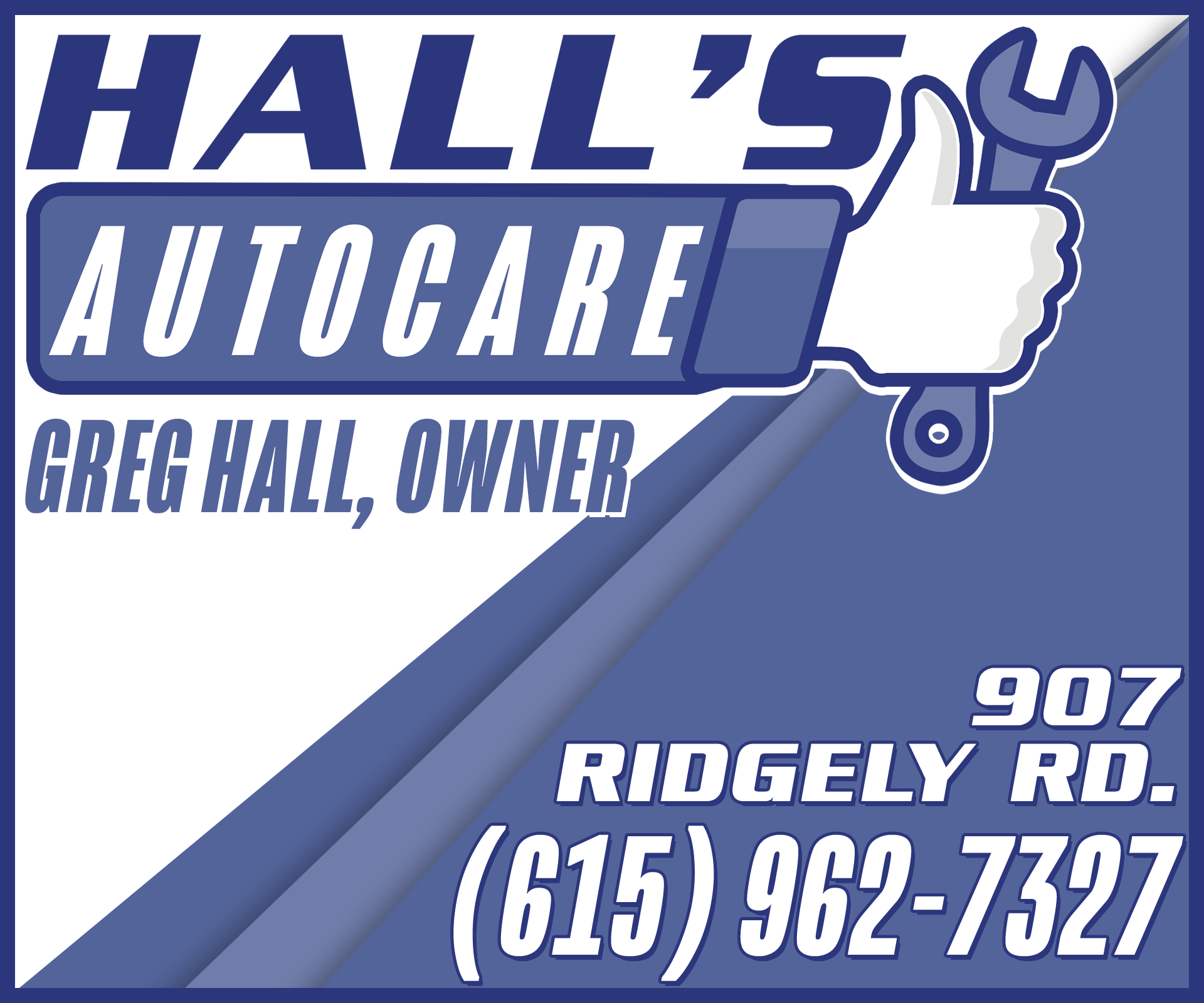Let's just get this right out of the way: Few people want to talk about their colon. As body parts go, it doesn't match the heart, eyes or brain for attracting poetic verse and many are unaware of its importance. What does matter, especially for those 50 years or older, is that among the cancers affecting both men and women, colorectal cancer is the second leading cause of cancer deaths in the United States.
According to the Centers for Disease Control and Prevention, approximately 140,000 Americans each year learn they have colorectal cancer and 50,000 die from it. Regular screening, however, detects cancer before there are symptoms and saves lives.
Most individuals should begin screening for colon cancer at age 50, though some professional organizations recommend African Americans begin screening at age 45 because they are more likely to be diagnosed at an earlier age. Likewise, people with higher risk for colorectal cancer should begin screening at an earlier age. This includes people with a personal history of colorectal cancer or certain types of polyps in the colon, individuals with family members who have had colorectal cancer or polyps, and those with diseases of the colon such as Crohn's disease and ulcerative colitis.
There are several options for colon cancer screening. A colonoscopy is commonly recommended because it can look for and remove polyps before they turn into cancer. Other options include a "virtual" colonoscopy done by computer tomography (CT), double contrast barium enema and sigmoidoscopy. Tests for blood or cancer DNA in the stool are also available for screening. While these stool tests cannot remove polyps, they may be more desirable for individuals looking for less expensive or less invasive options. Additional information about colorectal screening can be found at www.cancer.net/cancer-types/
"Some people avoid screening because they are nervous about a procedure," McDonald said. "Your medical provider can discuss options with you. It does not have to be a procedure."
If a colonoscopy or other procedure is right for you, then steps can be taken to make sure you are as comfortable as possible. You can talk through each step. You may need to adjust medications or take a liquid prep to clean out the colon ahead of time. Most patients can be given a gentle anesthetic to allow them to safely sleep through the procedure if they wish. Most people will need to arrange for another driver to take them home.
McDonald suggests scheduling an appointment with your doctor to discuss the screening appropriate for you. If you've had colon cancer screening, talk to your friends and family members about the screening and why it's important. You could save a life.





